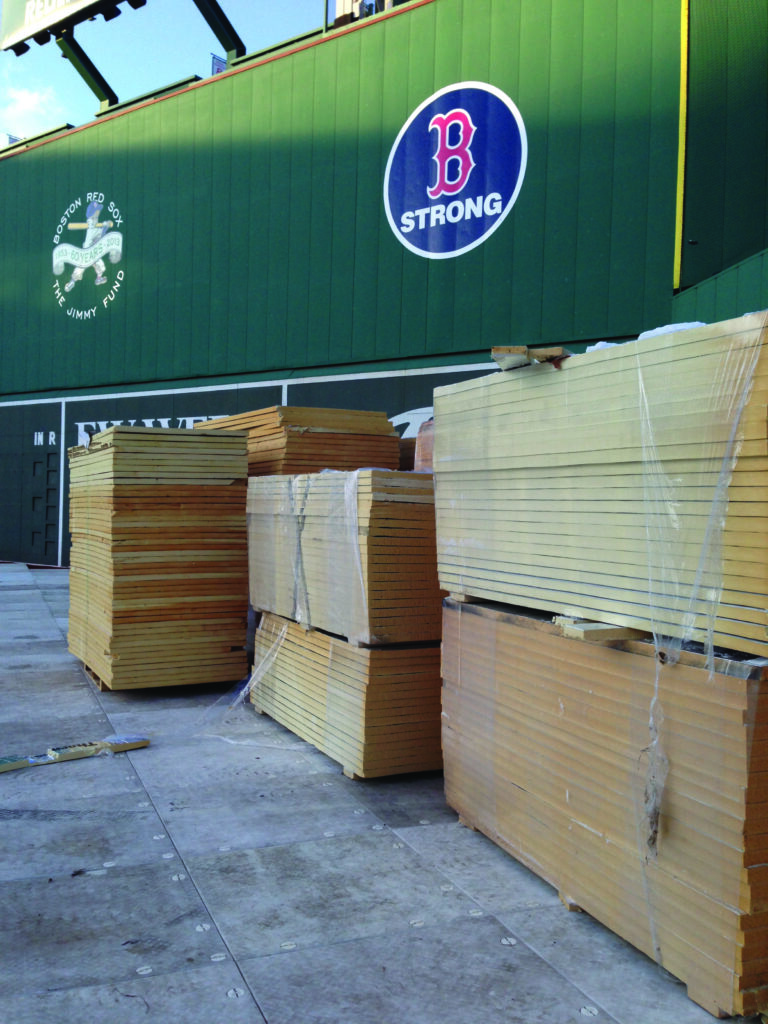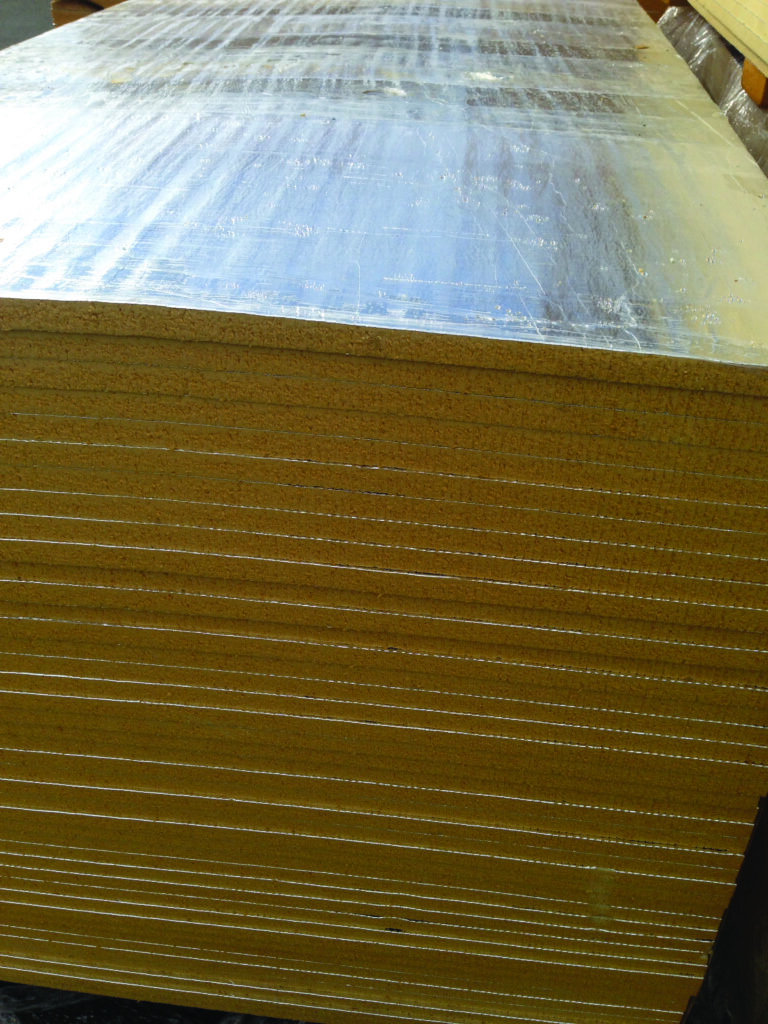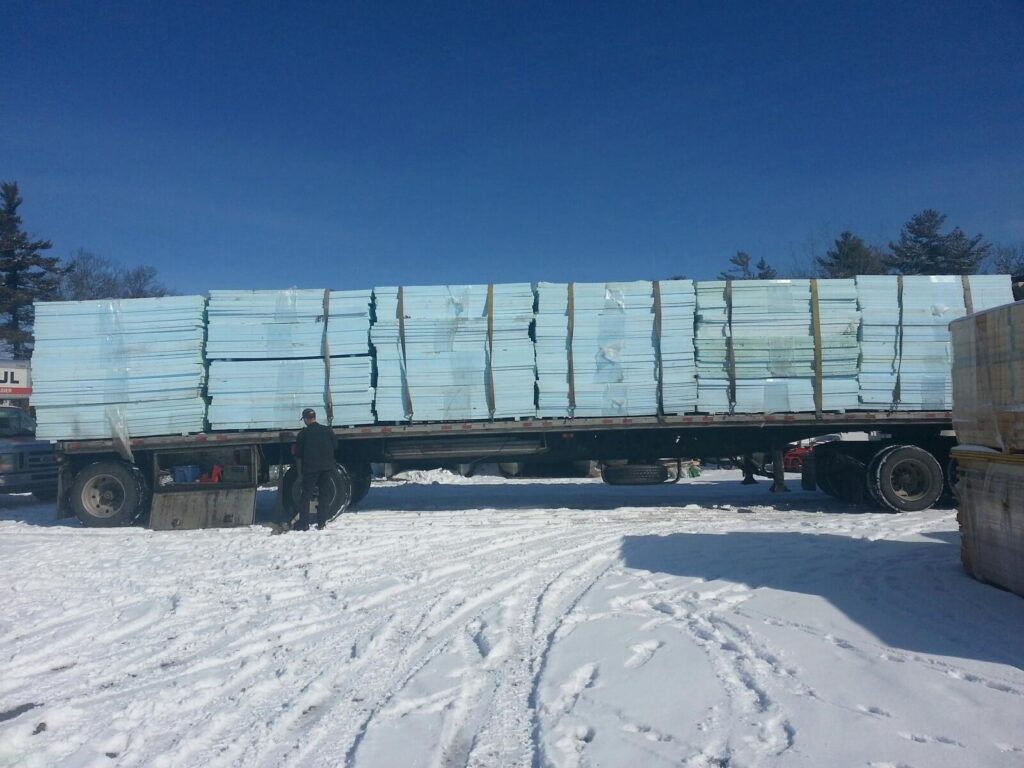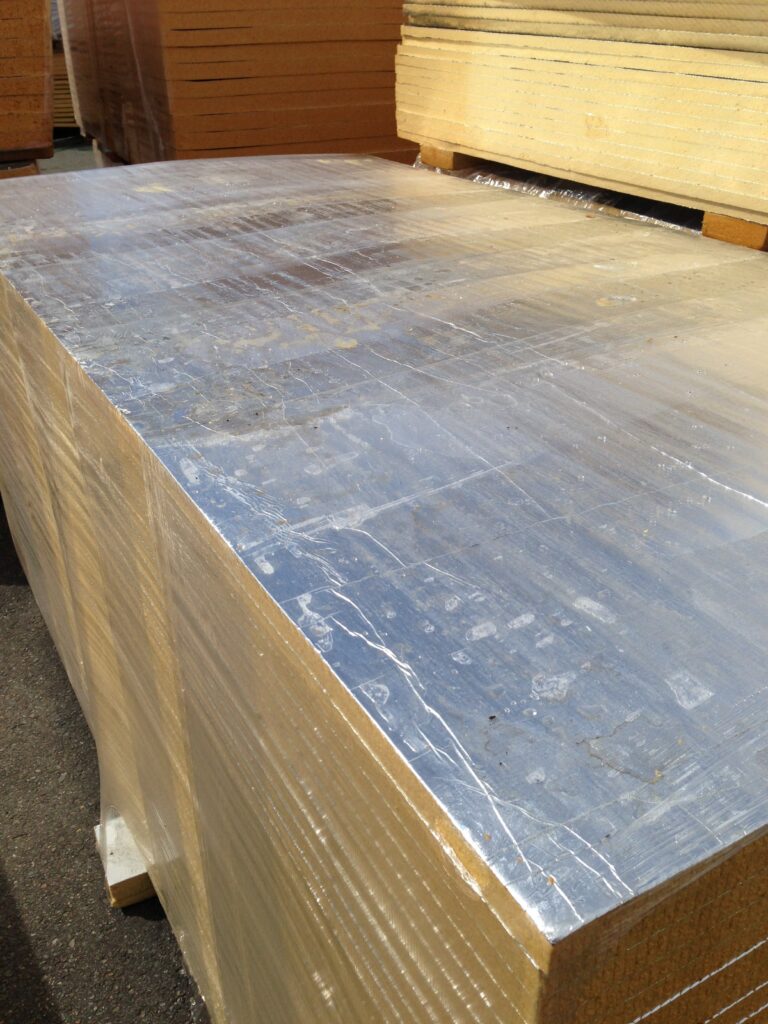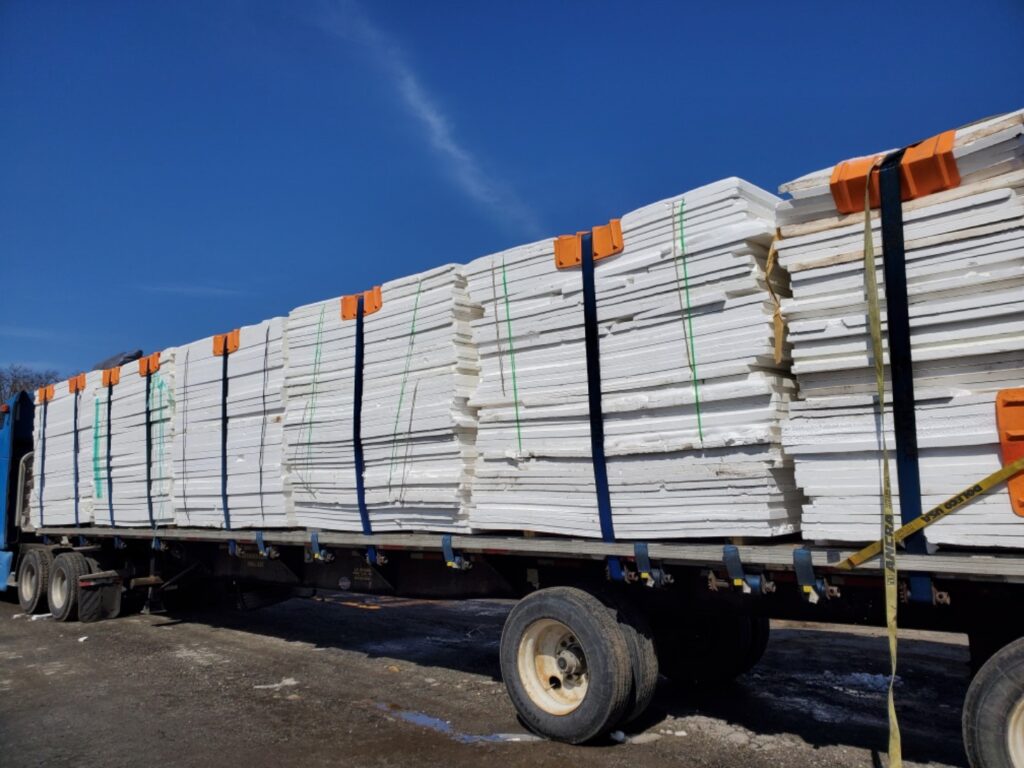Posts by Green Insulation Group
Advantages of Thermal Insulation Below Grade
Design professionals are leaving no part of the building envelope to chance in the quest for more energy efficient buildings, Walls and roofs have been obvious thermal performance areas of concern. Now, below-grade foundation walls and floor slabs have been targeted and have proven to provide significant energy savings. Insulating below-grade foundations, crawlspaces, and under…
Read MorePros and Cons of EPS and XPS
EPS (expanded polystyrene) and XPS (extruded polystyrene) are two common types of rigid foam insulation used in building construction. Both materials are made from polystyrene and have similar physical properties, but there are some differences in how they are manufactured and their performance characteristics. EPS is commonly used as insulation in walls, roofs, and foundations…
Read MoreR-value Alone Does Not Measure Insulation Effectiveness
R-value is a measure of resistance to heat flow through a given thickness of material. In theory, the higher the R-value, the greater that resistance. That’s fine as far as it goes. Unfortunately, R-Value has taken hold in the consumer’s mind as a universal method for comparing insulation – the higher the R-Value, the better…
Read MoreEverything you need to know about Extruded Polystyrene Insulation – XPS
What is extruded polystyrene insulation made of? Extruded Polystyrene (XPS) is a type of foam insulation material made from polystyrene beads that are melted and extruded into board-like form. XPS is known for its high insulation value, durability, and moisture resistance, making it a popular choice for use in construction and building insulation. XPS is…
Read MorePolyiso Insulation
Polyiso is one of the nation’s most widely used and cost-effective insulation products and has been cited by the U.S. Environmental Protection Agency for its responsible impact on the environment. Polyiso is a closed-cell, rigid foam board insulation. Because of its high thermal performance in the home building market, it is the product of choice…
Read MoreEPS and Recycling
EPS is everywhere: It holds your food, secures items in packages, provides insulation in homes and industry and it’s even in your bike helmet. It’s also known as plastic #6, which you’ve seen used in plastic cups and CD and DVD cases. Can expanded polystyrene, EPS, be recycled? Even if your community recycles plastic #6,…
Read MoreReduce, Reuse, Recycle = Recycling
Reduce, Reuse, Recycle, commonly referred to as Recycling is one of the most feel-good and useful environmental practices around. The benefits go way beyond reducing piles of trash — recycling protects ecosystem diversity with the added benefit of saving energy, reduced water consumption and resource savings, such as crude oil, trees and metal ores. Recycling…
Read More
